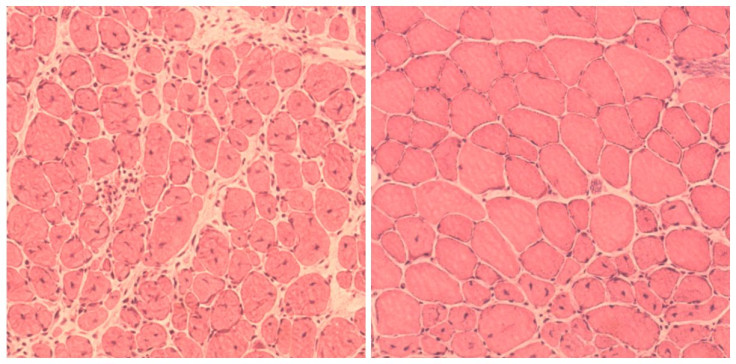How To Stay Young: Scientists Claim Ageing Process May Be Reversible

The eternal question of how to stay young may soon have a definitive answer, scientists have claimed. By giving a new form of gene therapy to mice, a team in La Jolla, California, stated on Thursday that they were able to reverse the aging process, lengthening their lives by 30 percent.
“Our study shows that aging may not have to proceed in one single direction,” said Juan Carlos Izpisua Belmonte, a professor who led the team at the Salk Institute’s Gene Expression Laboratory. “It has plasticity and, with careful modulation, aging might be reversed.”
There is a note of caution for anyone hoping to immediately begin looking younger. The scientists, who published their findings in the latest issue of the journal Cell, made clear that it may take up to a decade for the therapies to reach clinical trials in humans.
“Obviously, mice are not humans and we know it will be much more complex to rejuvenate a person,” Izpisua Belmonte said. “But this study shows that aging is a very dynamic and plastic process, and therefore will be more amenable to therapeutic interventions than what we previously thought.”
Still, the results were “pretty remarkable,” according to Leonard Guarente, who studies the biology of aging at the Massachusetts Institute of Technology.
Not only were the mice’s lifespans lengthened but they appeared younger, their organ and cardiovascular function improved and they healed faster from injuries. It raises the prospect of a more holistic form of treatment for aging rather than simply treating the diseases associated with it.
The results were achieved by essentially winding the mice’s biological clock back. It has long been known that individual cells can be rewound to their embryonic state by four genes known as the Yamanaka factors. However, when applied to a whole organism they were found to potentially lead to organ failure and cancer.
The Salk study was the first of its kind to show that the clock on cells does not have to be wound back all the way and that it can be done without the organism developing cancer.
While it may sound like a dose of Marvel-inspired science-fiction, the scientists were keen to include a dose of reality.
“We believe that this approach will not lead to immortality,” Izpisua Belmonte said. “There are probably still limits that we will face in terms of complete reversal of ageing. Our focus is not only extension of lifespan but most importantly health-span.”
© Copyright IBTimes 2024. All rights reserved.





















